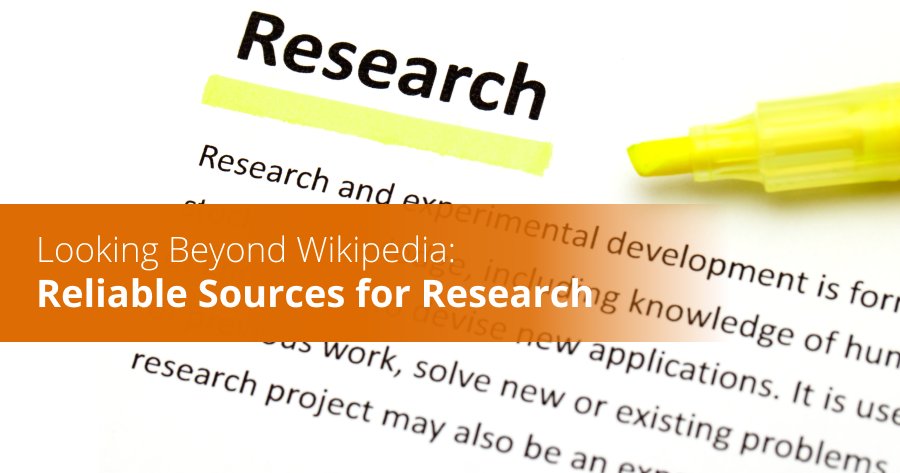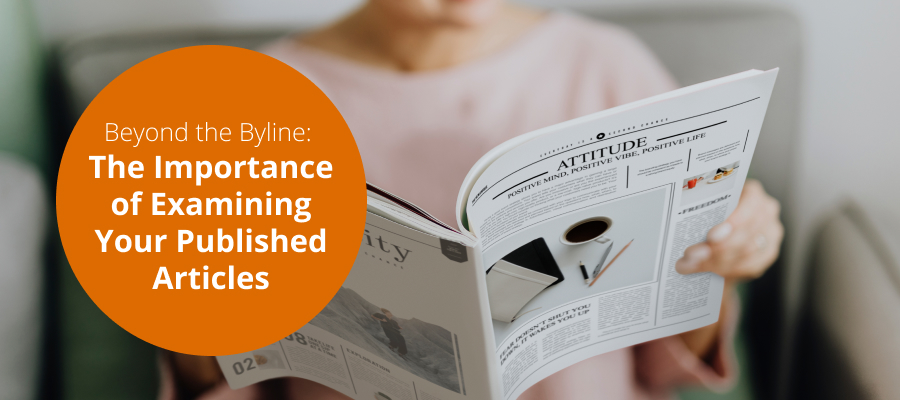There’s no doubt Wikipedia can be a useful resource. There is loads of information on so many subjects, and as a starting point, it can give you a good understanding of a topic.
Note we say “as a starting point” because that’s all it should be. Anyone can write or edit an entry, so you can’t rely on it at all. It is sometimes as reliable as getting your information from social media, and we all know how dangerous that can be!
If you want to use any information from Wikipedia, check it against other, more reliable sources. There are often references at the bottom with links to the original stories and it’s always worth going directly to those sources to check your facts.
Also, bear in mind that if a reader wants to read up on a subject, Wikipedia will often be their first port of call. If you just repeat what is on Wikipedia, you are doing yourself and your editor a disservice because you’re not offering the reader anything they can’t easily find for themselves.
The CRAAP test is a well-known acronym for the best practices when evaluating content:
Currency: Is the information up to date?
Relevance: Make sure the source is relevant to your research.
Authority: Where is the source published (reputable sites/publications)? Who is the author and are they considered reputable and trustworthy in the field you are researching?
Accuracy: Is there evidence to support the source? Is it truthful, reliable and correct?
Purpose: Why was the source published, and what was the motivation behind it?
You can also do your own research into how to find credible sources of information. It’s excellent practice.



